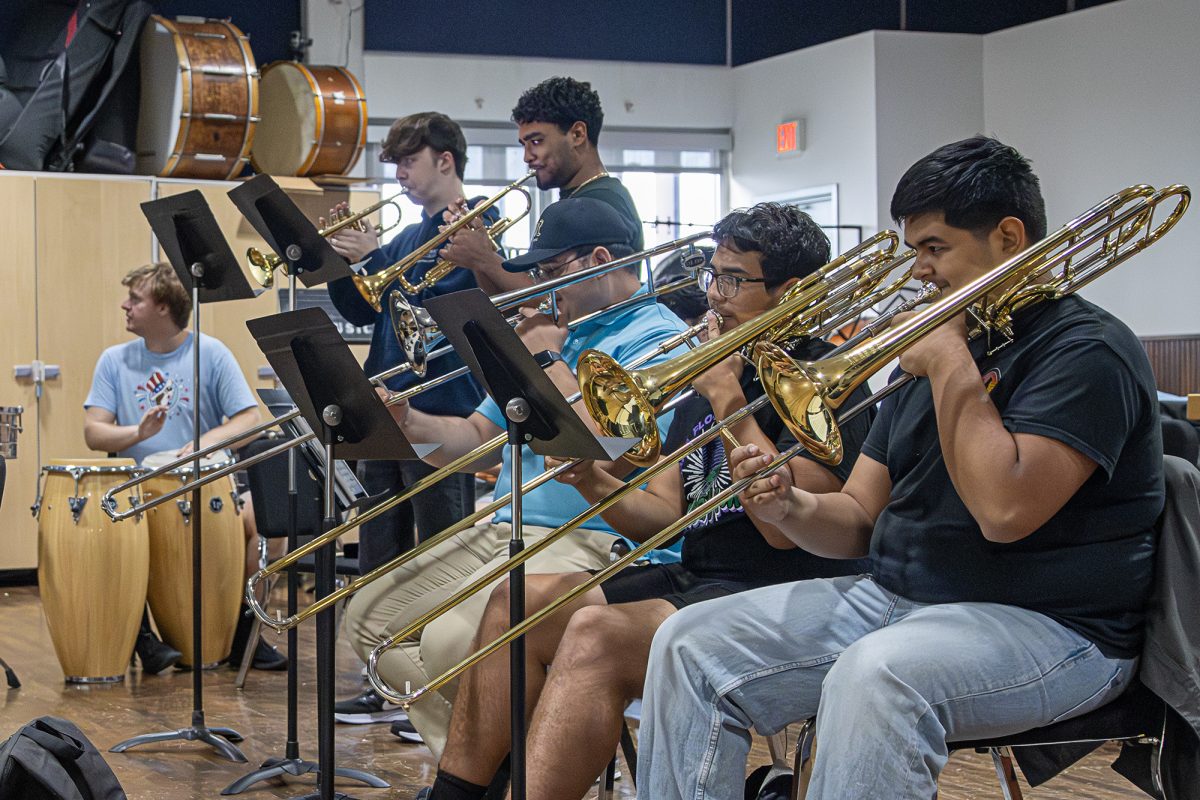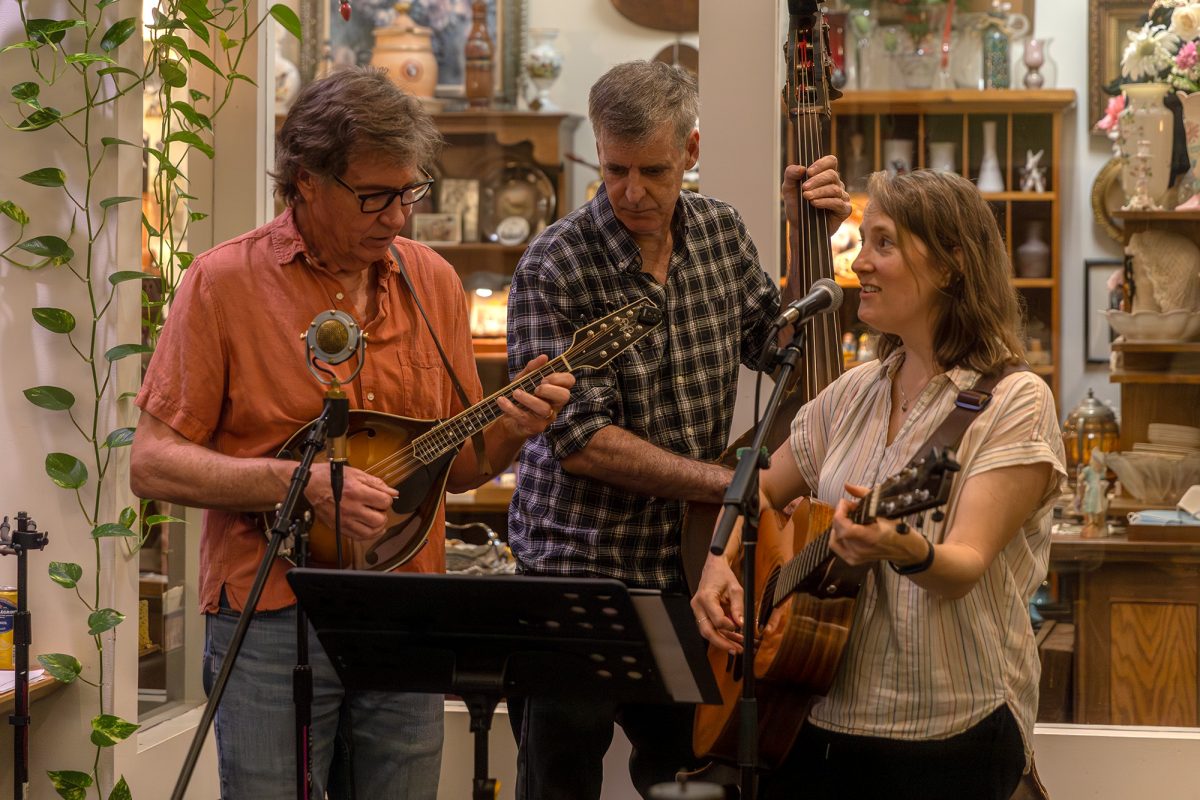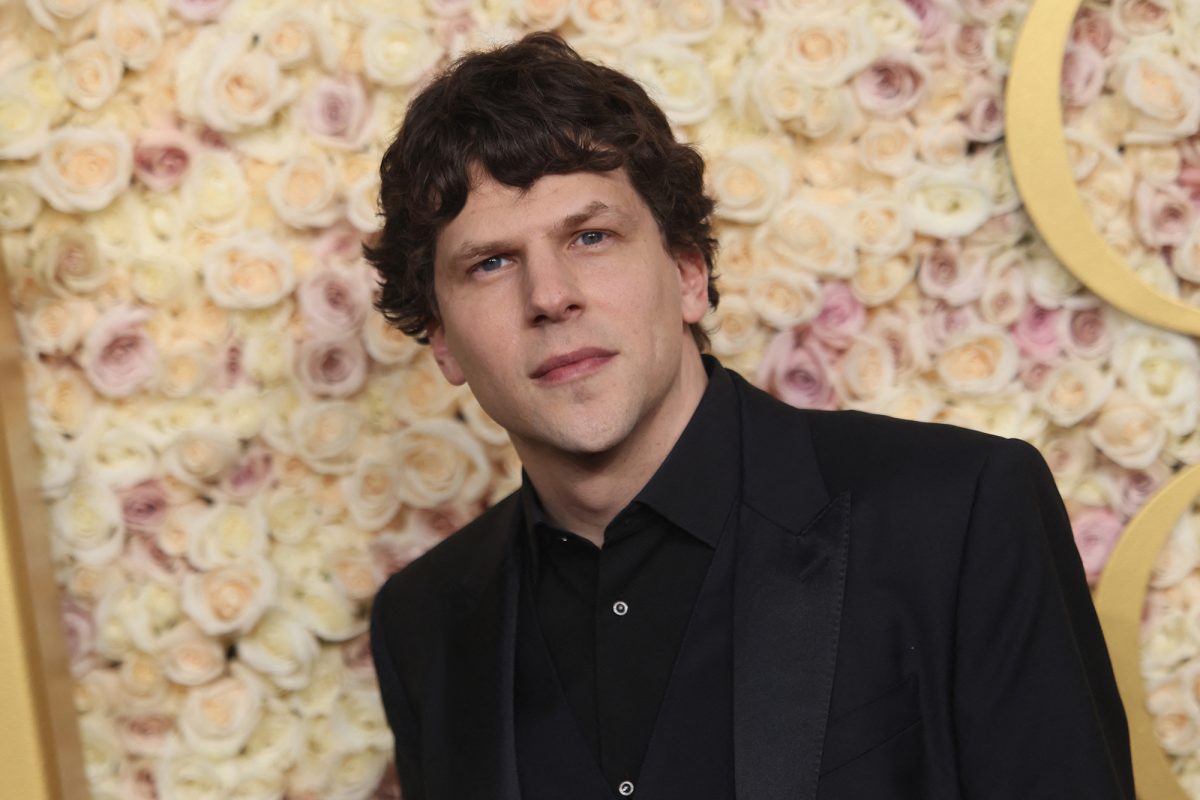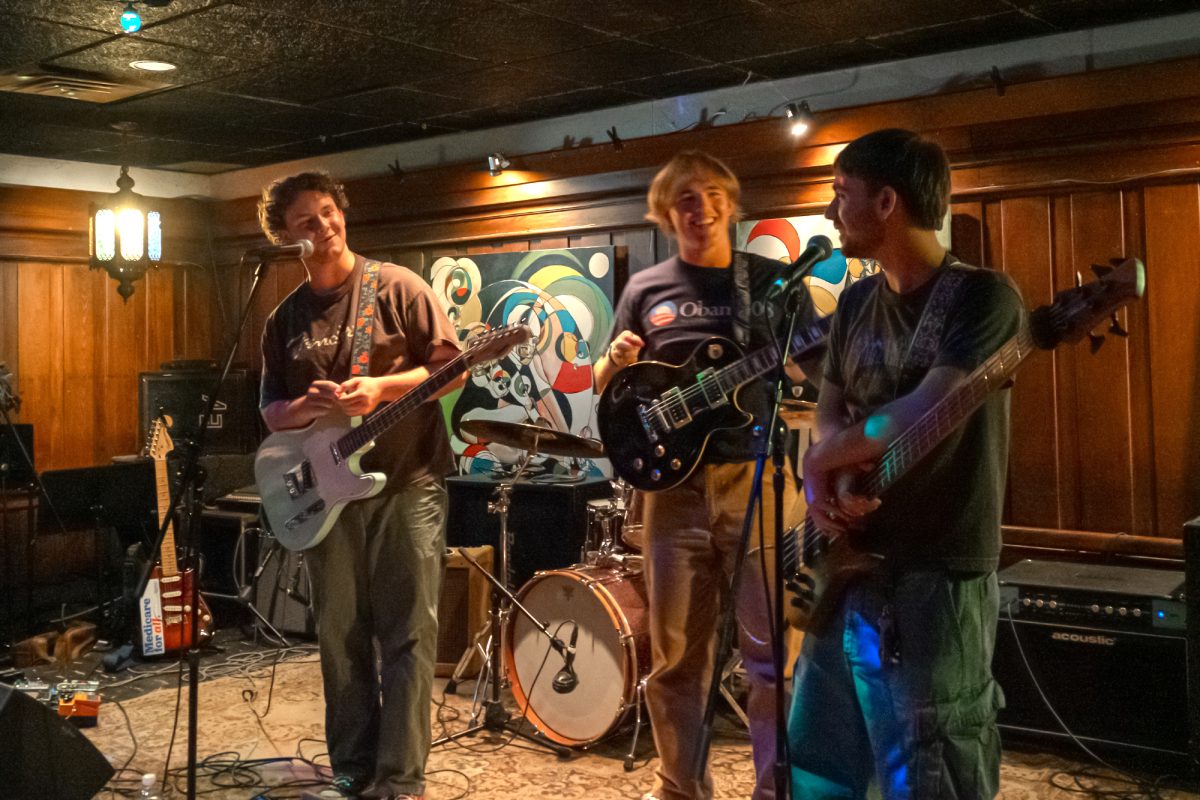“The One I Love” opens with a classic unhappy married couple attempting to rekindle their love and excitement after years of faded feelings and an affair. The answer, says their therapist (Ted Danson), is to go on a weekend getaway to “reset the reset button.” The couple is skeptical at first, but soon agrees to the trip. Thus begins “The One I Love,” a romantic comedy that focuses more on the reality of relationships than on romance.
On the first night at the cottage retreat recommended by their therapist, the couple enjoys a nice evening together in the guesthouse. Cue huge plot twist, however, when husband Ethan (Mark Duplass) has no recollection of the romantic night. Wife Sophie (Elisabeth Moss) is at first angered, but soon she, too, cannot remember an experience that Ethan claims to have shared with her. The couple then realizes that the guesthouse at the resort seems to contain a sort of magic, in which an alternate version of each spouse appears when the other enters the guesthouse alone. These alternate spouses contain the best qualities of their original character, making them seem more desirable. The mystery of the story lies within the reason these alternate characters exist, and what their purpose is for the future of Ethan and Sophie’s relationship.
Moss’ acting is both comical and dark, though her comedy seems surprisingly forced, and her chemistry with Duplass, awkward. For instance, after her first romantic evening, her supposed excitement and passion falls flat. Duplass, on the other hand, succeeds in playing the overbearing husband who is failing at trying to win back a wife emotionally lost to him. His best quality, however, is his differentiated acting between Ethan and the alter ego, also named Ethan. It is impressive to see the same actor as he portrays both characters, each role vastly different from the other.
Despite some genuine moments between the leads, Moss and Duplass’ compatibility is a bit unbelievable. Even when Sophie is supposed to be falling in love with alternate Ethan, Moss and Duplass may be unable to convince the audience that these characters are in the honeymoon stage of the relationship. Ultimately, individual performances prove better than the pair together. For example, Duplass plays an alternate Ethan who is hauntingly commanding over Sophie’s emotions, and Moss excels at portraying a conflicted wife with a strange attachment to alternate Ethan. Both characters are unlikable, mostly because of their lack of understanding toward each other, but may also be highly relatable for audiences for that same reason: Everyone has experienced a crossroads in life, and Sophie and Ethan provide a perfect example of the pain the crossroads can provoke.
In terms of the story, the plot moves quickly — arguably too quickly at points. It often leaves the audience confused but ultimately wanting to find out more. Audiences may be troubled by the questions of who these alternate characters are and if they are even real. Despite all of the mystery and unanswered questions, this movie ultimately forces contemplation on the nature of relationships and falling out of love in an offbeat but beautiful way. While Ethan struggles to accept the strangeness of the guesthouse and of alternate Sophie, Sophie quickly falls for alternate Ethan. “We’re a mess, and I love that about us,” Ethan says to Sophie. The true question of the film is if Sophie desires the same conclusion. She must decide if flawed love is worth the hurt that comes with it, or if starting a clean slate is the better option — an emotionally appealing conundrum.
“The One I Love” keeps audiences on the edge of their seats while teaching them that life and love are not always perfect. It is no love story in the realm of fairy tales, but rather one for the audience who craves harsher truths and enjoys a bit of mystery, ultimately making the entire movie feel like a mix between a dream and a nightmare. Nothing seems real in this crazy weekend getaway, yet this alternate reality world forces the characters and the audience to examine both the truth of the past and their desires for the future.



















